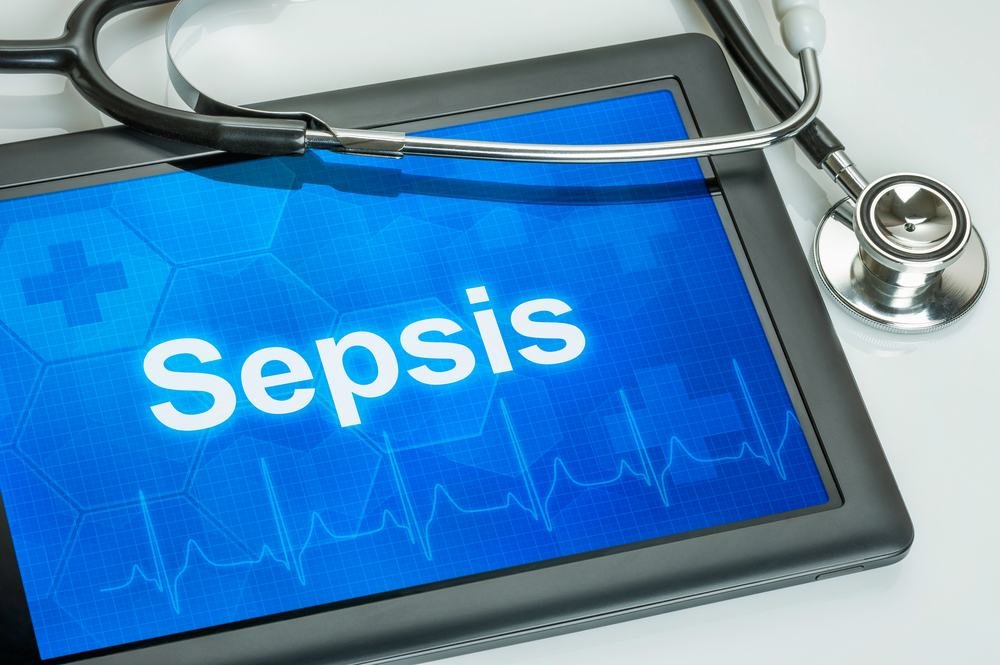Sepsis and Septic Shock

Understanding Sepsis and Septic Shock
Sepsis is a severe medical condition that occurs when the body’s response to infection triggers widespread inflammation, leading to tissue damage, organ failure, and in severe cases, death. Septic shock is the most critical form of sepsis, characterized by dangerously low blood pressure that does not improve with standard treatment. Both sepsis and septic shock are medical emergencies requiring immediate care to prevent life-threatening complications.
At Siddhivinayak Hospital, we provide advanced, evidence-based treatment for sepsis and septic shock. Our experienced critical care team, state-of-the-art facilities, and rapid response protocols ensure that patients receive the highest level of care in critical moments.
Causes of Sepsis and Septic Shock
Sepsis is typically triggered by infections, such as:
Bacterial Infections: Pneumonia, urinary tract infections (UTIs), skin infections, or gastrointestinal infections.
Viral Infections: Influenza or COVID-19.
Fungal Infections: Common in immunocompromised individuals.
Complications of Surgery or Trauma: Post-surgical infections or wound infections.
The body’s immune system reacts excessively to these infections, releasing chemicals into the bloodstream that cause widespread inflammation and can lead to septic shock.
Symptoms of Sepsis and Septic Shock
Symptoms may progress rapidly, and recognizing them early is critical:
High or low body temperature (fever or hypothermia)
Rapid heart rate and breathing
Confusion, disorientation, or lethargy
Low blood pressure (in septic shock)
Chills and shivering
Decreased urine output
Pale, cool, or mottled skin
If you or someone you know exhibits these symptoms, seek emergency medical attention immediately.
Our Approach to Sepsis and Septic Shock Treatment
At Siddhivinayak Hospital, we offer a multidisciplinary approach to treating sepsis and septic shock, focusing on stabilizing the patient, eradicating the infection, and preventing organ failure.
1. Rapid Stabilization and Emergency Response
Intravenous Fluids: Immediate fluid resuscitation is provided to improve blood pressure and restore circulation.
Oxygen Therapy: Supplemental oxygen or mechanical ventilation is used for patients with difficulty breathing or low oxygen levels.
Medications:
Vasopressors to stabilize blood pressure.
Antibiotics to combat the underlying infection, administered as quickly as possible.
2. Advanced Diagnostic Tools
To identify the source of infection and assess the severity of sepsis, we use:
Blood tests to detect infection markers and organ function.
Imaging studies (X-rays, CT scans, or ultrasounds) to locate the source of infection.
Cultures of blood, urine, or other body fluids to determine the causative organism.
3. Targeted Infection Management
Once the infection is identified, we tailor treatment based on the causative organism:
Broad-Spectrum Antibiotics: Initially administered to cover a wide range of pathogens.
Antifungal or Antiviral Medications: Used when fungal or viral infections are suspected.
Surgical Intervention: In cases of abscesses, infected wounds, or localized infections, surgical procedures may be necessary to remove the infection source.
4. Organ Support and Intensive Care
Patients with sepsis and septic shock often require support for failing organs:
Kidney Support: Dialysis is provided for patients with acute kidney failure.
Cardiac Monitoring: Continuous monitoring of heart function to detect and manage arrhythmias or cardiac stress.
Ventilator Support: For patients with respiratory distress or ARDS (Acute Respiratory Distress Syndrome).
5. Comprehensive Critical Care
Patients are cared for in our Intensive Care Unit (ICU), equipped with advanced monitoring systems and staffed by experienced intensivists and nurses who provide 24/7 care. Our focus is on stabilizing vital signs, preventing complications, and promoting recovery.
Why Choose Siddhivinayak Hospital for Sepsis and Septic Shock Treatment?
Experienced Critical Care Team: Our team includes intensivists, infectious disease specialists, and skilled nurses trained to manage complex sepsis cases.
State-of-the-Art ICU Facilities: Equipped with advanced ventilators, dialysis machines, and continuous monitoring systems for comprehensive care.
Rapid Response Protocols: Early recognition and intervention protocols ensure that patients receive treatment without delay, improving survival rates.
Multidisciplinary Approach: Collaboration between specialists in infectious diseases, cardiology, nephrology, and pulmonology for holistic care.
Compassionate Support: We prioritize not only the patient’s recovery but also provide emotional support and regular communication to families.
Long-Term Recovery and Follow-Up Care
Recovering from sepsis and septic shock may take time, and some patients may experience post-sepsis syndrome, which includes fatigue, weakness, and memory issues. Our team provides:
Rehabilitation Services: Tailored programs to restore strength, mobility, and function.
Follow-Up Appointments: Regular check-ups to monitor organ function and overall health.
Emotional and Psychological Support: Counseling and mental health support for patients and families.
Preventing Sepsis and Septic Shock
While sepsis cannot always be avoided, taking preventive measures can reduce the risk:
Stay up-to-date on vaccinations, such as for pneumonia and influenza.
Practice good hygiene and wound care to prevent infections.
Manage chronic conditions like diabetes or heart disease with regular check-ups.
Recognize and treat infections early to prevent progression to sepsis.
Trust Siddhivinayak Hospital for Life-Saving Sepsis Care
Sepsis and septic shock are medical emergencies, but with timely and expert care, recovery is possible. At Siddhivinayak Hospital, we are dedicated to providing the highest standard of critical care, ensuring that patients receive life-saving interventions in their most vulnerable moments.
Schedule an Emergency Consultation
If you or a loved one is at risk of or showing symptoms of sepsis, don’t wait. Contact Siddhivinayak Hospital’s emergency care team immediately. Our specialists are here to provide expert, compassionate care when it matters most.

